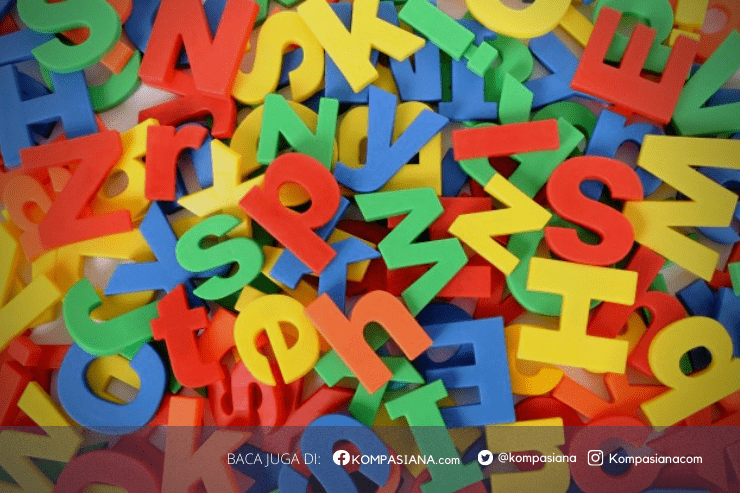The Important Meaning of Javanese Weton Culture in Community Life and Traditions
Badria Tussania, Nurbiati Sagira, Tonik Ananda Rihey
English Language Education Study Program, Universitas Islam Negeri Mataram
Did you know that in Javanese culture someone's birdthday or (weton) can determine the success and harmony marriage? Weton is part of Java tradition that organize our life. It is worth nothing that this tradition still appropriate because it keeps the real culture, this ivestigates of Javanese cultur show us about custom which determine for wedding (Ratnasari, 2023). Values, and family harmony in this modern era. Therefore, the existence of weton culture in Javanese tradition can still be instruction which is beneficial to keep cultural heritage and harmony family.
In Javanese culture, weton or calculation of birthday believed can determine harmony in the household. This belief function as a intruction so that the couple or family avoided from conflict which can damage the relationship. For example, my parents believe that the weton match between father as first children and mother as the last children can bring a more harmonious life. They need aspect betwen a natural for entering adulthood (Akhiroh, 2024). This shows not only became the tradition but also plays around in keep harmony two partners since early of marriage. Therefore, weton calculations are considered important as a early in building a harmonious family.
Apart from marriage, weton also influential in determining important decisions in every lifes. Javanese people believe that weton calculation can be used to choose the right time to bring good luck. The example, my grandfather always calculated the weton to determine good day when will move house, with the hope that their children's fortune and life after marriage will be more blessed. The philosophy of Javanese society weton is a symbol to both male and female to make harmony marriage, (Putri et.al, 2024). This practice shows that weton still has a very big influence of life. In other words, weton still functions as a instruction in keep blessings and harmony in the household.
Not only that, weton has an important value in keep culture even though in this era or modern many people have ignored tradition, but there are some people who still maintain weton as part of a tradition that has existed for a long time. Many families still believe that calculating Eaton when holding a wedding can help maintain the values of togetherness and harmony. This proves that weton is not only considered polytheistic, but also a symbol of respect for the person who has passed down this tradition. Therefore, weton tradition is still appropriate and must be maintained so it doesn't get lost because era development. Not only that weton has an important value in the keep culture even thou
For the conclusion, weton Javanese culture not only just a believe system, but methods for keep harmony in the household, for keep life decisions, and preserving values of the old era in this modern era.
References
Akhiroh, M. (2024). Exploring Weton Calculation for Wedding Dates: Insights From Javanese Culture and Islamic Perspectives. Al-Hurriyah: Jurnal Hukum Islam, 9(1), 1--12. https://doi.org/10.30983/alhurriyah.v9i1.8150
Putri, A. N., Husnayain, F., Fauziah, F., Nurjannah, K., A'yun, N. Q., Al-Atsariyah, N. H., Rohana, N., Janah, R. R., Hidayat, F., & Khoeruzaad, B. (2024). The Relevance of Weton Calculation Tradition in Javanese Culture in Determining Marriage Contracts: A Sharia Perspective. Demak Universal Journal of Islam and Sharia, 2(03), 243--256. https://doi.org/10.61455/deujis.v2i03.139







